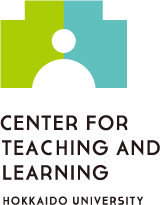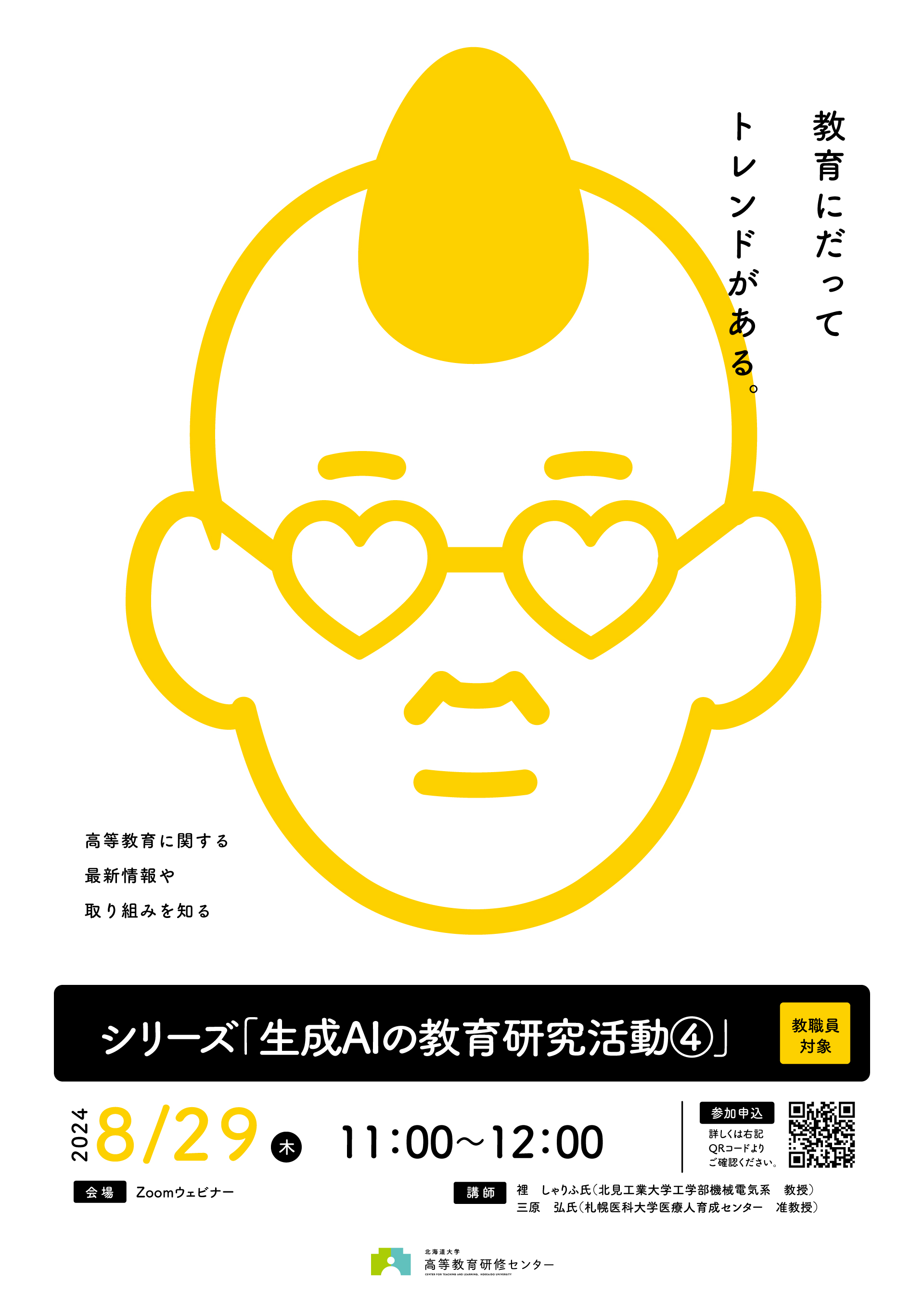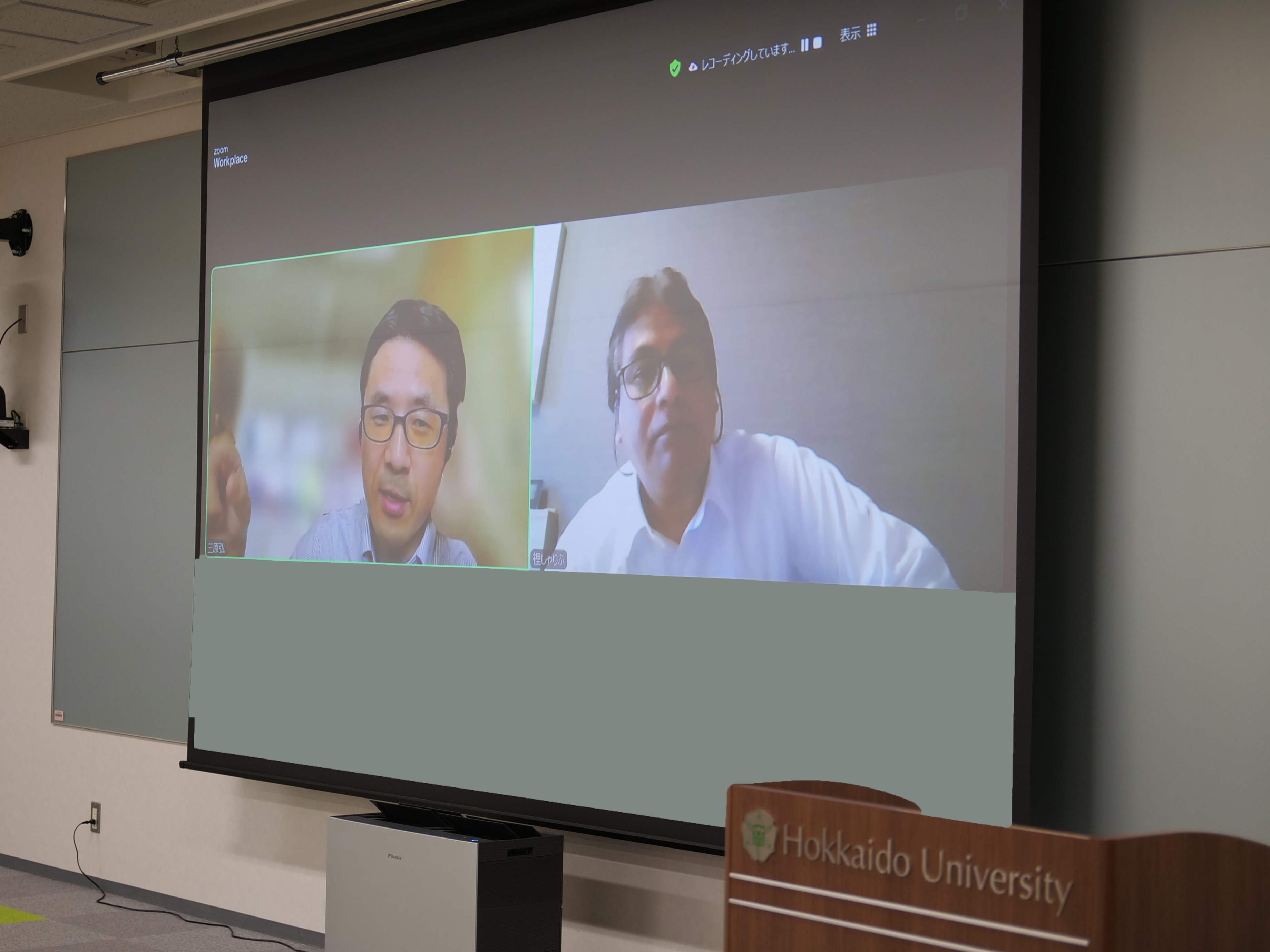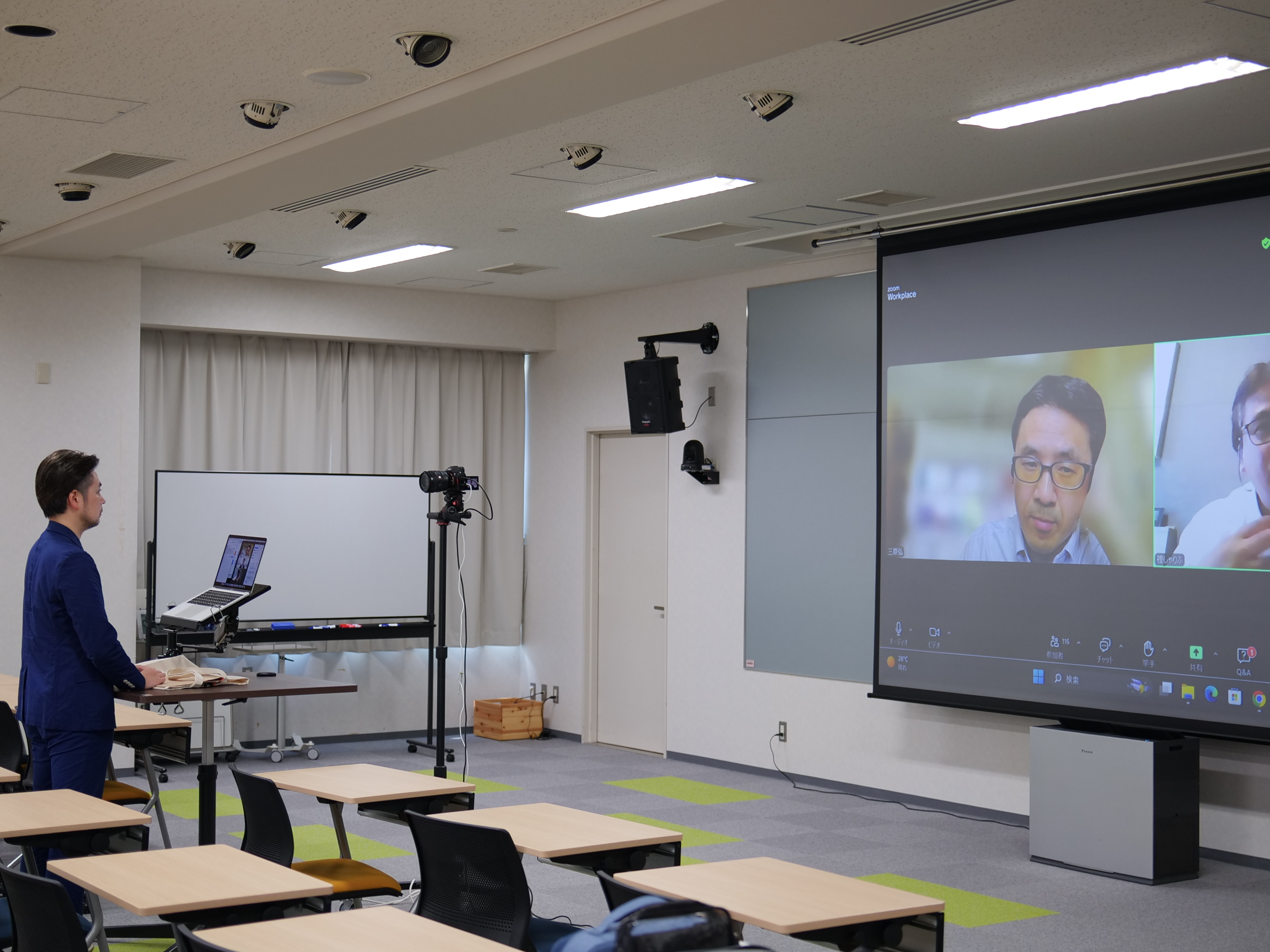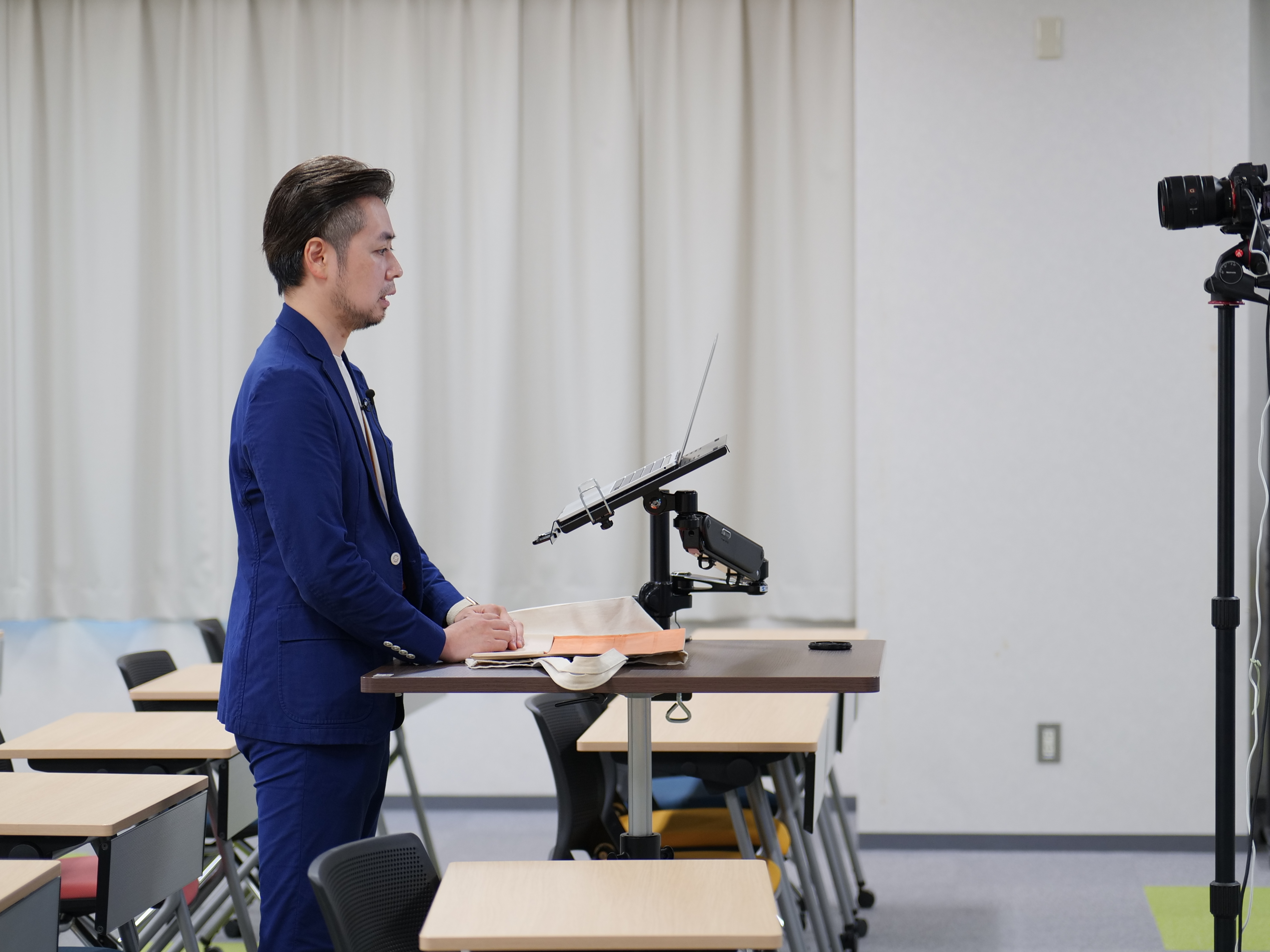Seminar
This seminar has finished
Series 'Generative AI in Educational and Research Activities'④
- Date and time
- 2024.8.29 (Thu) 11:00-12:00
- Modality
- Zoom Webinar
- Lecturer
Dr. Ura Sharifu (Professor, Division of Mechanical and Electrical Engineering, Kitami Institute of Technology)
Dr. Mihara Hiroshi (Associate Professor, Medical Development Center Dean, Department of Educational Development, Sapporo Medical University)
- Target
- Faculty and staff members of higher education facilities
- Language
- Japanese
- Remarks
- Category C: HE trends
- Poster
- View poster
Co-organized by Center for Open Education Hokkaido University
How do university faculty members perceive generative AI, including ChatGPT? We often hear voices saying, “We are not particularly worried, as it hasn't yet reached the stage where it can be effectively used for class reports.”
However, in the society that university students will enter after graduation, generative AI is already being utilized in many fields. Even if there are some inaccurate aspects, shouldn't students learn the correct ways to interact with it while they're still in university? Furthermore, both the university faculty and staff cannot ignore the constantly evolving generative AI.
Therefore, let's explore practical examples how educators are utilizing generative AI in educational and research activities. We cannot teach students what we ourselves do not know. Let's engage with examples of utilization, try using them ourselves, and identify their strengths and weaknesses.
During each session, two individuals will introduce topics. Following each presenter’s 20-minute presentation, there will be a 20-minute discussion, including a Q&A session.
The fourth session will be presented by two speakers from Kitami Institute of Technology and Sapporo Medical University.
Dr. Ura Sharifu (Professor, Division of Mechanical and Electrical Engineering, Kitami Institute of Technology)
When we try to solve a problem, we do not know everything. Generative AI can provide us with the knowledge we need to solve problems. This talk will discuss how we can ask questions to gain knowledge through Generative AI to solve design and manufacturing problems. The use of GPT-4, a tool for Generative AI, will be presented along with examples.
Dr. Mihara Hiroshi (Associate Professor, Medical Development Center Dean, Department of Educational Development, Sapporo Medical University)
The speaker uses ChatGPT in medical education for training in communication, clinical reasoning and treatment planning. In particular, ChatGPT can be used to play the roles of patient, doctor or trainer. This provides a simulated training environment that closely resembles real practice. It also recognises the importance of multidisciplinary collaboration and improves the quality of education by increasing the number of simulated clinical experiences. Future challenges include ensuring the quality of evaluation and feedback, selecting the appropriate devices and ChatGPT versions, and securing a budget. Addressing these challenges will enable the more effective use of ChatGPT as an educational tool.
How to join this seminar
Please fill out the Zoom registration form on the below site to register.
https://us06web.zoom.us/webinar/register/WN_uS_YLK0rTWSPvKxO5kxXaw
How to participate on the day
After registering, you will receive an email from no-reply@zoom.us with the seminar name in the subject line confirming your registration.
To join the meeting, please click on the link indicated by “click join the webinar”in that email.
Please fill in the required information as necessary.
※This seminar is also scheduled to be held in September.
On the day
